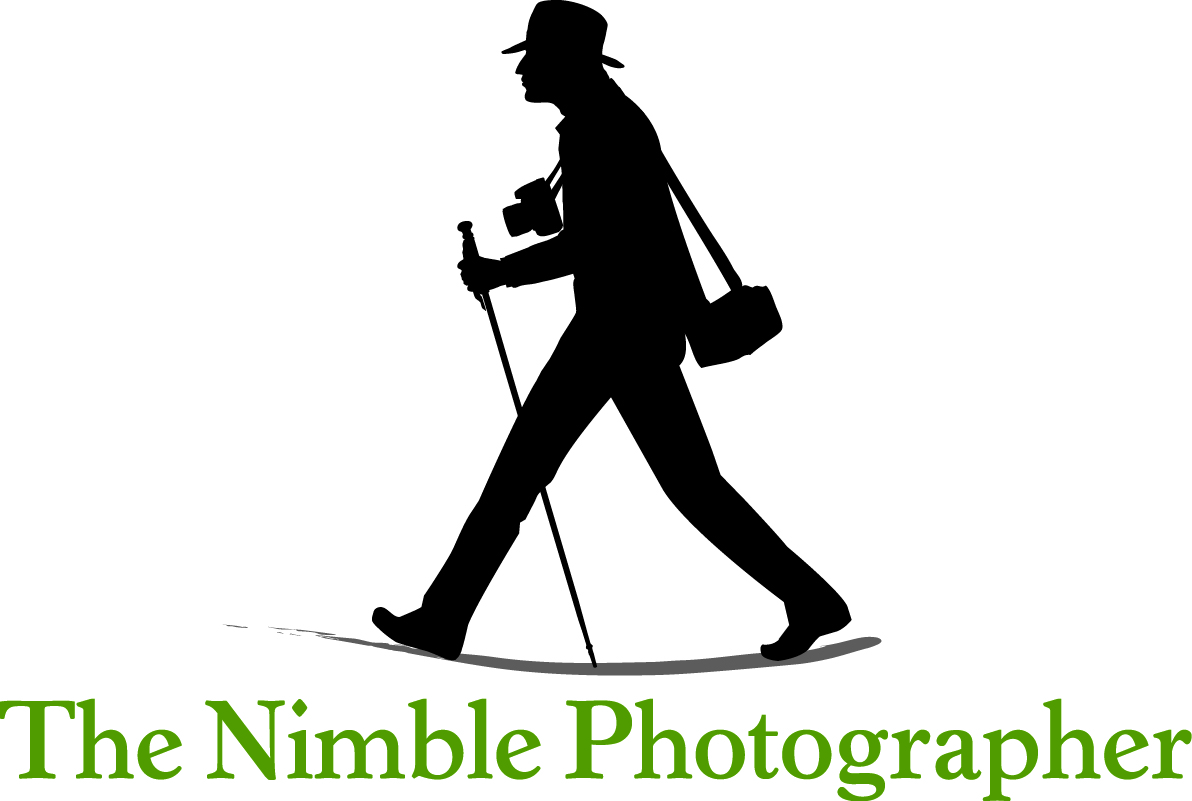I don't think so.
Camera design has been top of mind the last few days because of recent announcements by Fujifilm (the X-T1) and Olympus (the E-M10). Both cameras extend the classic look of photography's SLR heyday.
Some think I shouldn't get to excited about this.
After all, we know that hemlines go up and down, and suit ties expand and contract. But photography is different. (Raise your hand if you like Black & White prints.) The camera buying public isn't slave to collusion by a handful of controlling manufacturers. If you choose an Olympus OM-D over a Canon Rebel, it's because you like it.
I carry three cameras in my bang-around bag: the Olympus OM-D, Fujifilm X-20. and the Canon S110. Sometimes when I'm working and spot the OM-D or the X-20 perched on a table, I think to myself, "Wow, that's a sharp looking camera."
My take on this is that classic industrial design is different than fashion. It's not a craze.
It just looks good.
-Derrick
